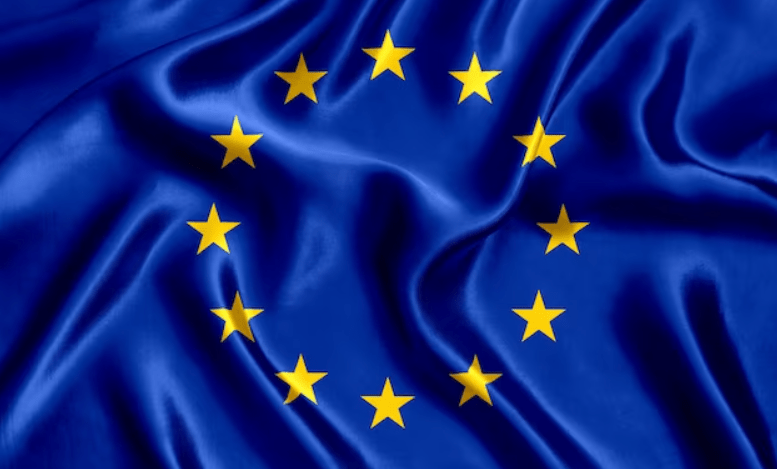The European Union (EU) actively supports the participation of SMEs in international trade and in the EU internal market.
SMEs are the backbone of the EU economy and provide employment and growth opportunities.
According to the European Commission, of the 675,000 EU companies that export outside the EU, 94% are SMEs and their exports accounted for 31% of the total value of EU exports in 2020.
Still, SMEs need a transparent, predictable and more secure global environment to make the most of trade opportunities.
The EU therefore encourages raising awareness and promoting the use of information platforms, such as the European Commission’s Access2Markets platform, to help SMEs understand and take advantage of the benefits of international trade and EU trade agreements.
SME chapters in most recent EU trade agreements make it easier for SMEs on both sides to trade bilaterally.
SMEs
Under the SME Chapter, the EU offers a dedicated website with relevant information for small and medium-sized enterprises from third countries wishing to access the EU market, including links to government authorities with useful information for doing business and a database with import requirements at product level.
This is especially useful for third country SMEs, as the main import requirements, such as applicable tariffs, taxes and rules of origin, are quickly displayed, at a glance, for each product.
The most recent evaluation of the definition of a small and medium-sized enterprise investigated the coexistence of different definitions and the impact this could have on SMEs in the EU.
It concluded that, in general, the coexistence of different definitions of SMEs in the EU’s main trading partners does not appear to be a major problem for the competitiveness of EU SMEs when operating in an international context.
There is no universal definition of what constitutes an SME. A World Bank study showed that, although there is significant variation in the definitions used around the world, about one-third of countries considered micro, small and medium-sized enterprises to have up to 250 employees.

